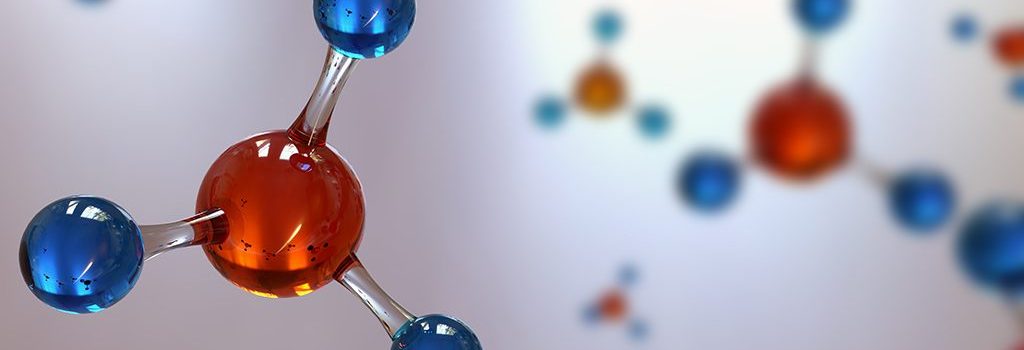Research

Thomas Young Centre members are experts in Materials Modelling. Expertise covers all relevant length- and time-scales. The research of the TYC encompasses a wide range of materials and applications that are important and relevant to society, academia and industry.
Functional Materials & Devices
(Light-Matter interactions, spectroscopy, excited states, photonics, plasmonics, solar energy conversion, electronic, thermal and ionic transport)
The ability of materials to conduct electricity, store electrical charge, act as a magnet, convert light or heat into electrical current and/or store information, results in these so-called functional materials finding use in a wide-range of applications and/or devices. Everything from batteries to computer memories and from solar cells to the Qubits of the forthcoming quantum computers are made possible by functional materials and their electronic, optical and magnetic properties. Not surprisingly, a large number of TYC members work on the modelling of these materials, including the prediction of the properties of as yet unmade materials and how to make them, the link between the structure and properties of materials, the spectroscopic signatures that allow them to be probed experimentally, as well as how different materials interact in devices and how the properties change in the presence of an electrical bias, magnetic field or under illumination.
Interest Group Lead: Martijn Zwijnenburg, University College London
Join a TYC Interest Group
TYC Interest Groups are research topic-based groups, created to foster thematic networks for the wide range of interests among the 100+ research groups in the TYC.
Methods and Formalisms for simulating materials
At the heart of all areas in material and molecular simulation are the algorithms and methods required for their computation. Developments in these methods can have huge ramifications for the scope and complexity of systems which can be modeled, as well as increasing the accuracy and confidence in the resulting predictions. As a result, methodological developments are at the core of many of the research developments in the TYC, with contributions from members leading to advances in simulation capabilities which far outstrips the improvements in computing hardware improvements over the years. These methods span all areas, including improving accuracy in the quantum approaches for electronic structure, acceleration of molecular dynamics simulations, and even the development of new algorithms for use on forthcoming quantum computers.
Interest Group Lead: Jan Tomczak King’s College London
Researchers in Methods and Formalisms for simulating materials
Soft and Biological Matter
(biochemistry, biophysics, biomaterials, statistical mechanics)
Modelling biomolecular systems and biomaterials has become the forefront of recent research activities. This is prompted by the success of research programmes targeting crucial biomedical applications. Recent examples of large-scale community efforts include modelling SARS-CoV-2 targets, and targets for other diseases such as HIV, cancer, and neurodegenerative diseases. Molecular modelling is now widely used in both academia and the private sector, due to the increasing power and accuracy of computational simulations, including methodological advances based on statistical tools and machine learning. At the heart of London, the TYC always welcomes new members for this interest group.
Interest Group Lead: Edina Rosta, University College London & Alessandro Pandini, Brunel University
Researchers in Soft and Biological Matter
Structural materials
(dislocations, rheology, chemimechanics, tribology)
Structural materials are materials used or studied primarily for their mechanical properties, as opposed to their electronic, magnetic, chemical or optical characteristics. This can include a materials response to an applied force, whether this response is elastic or plastic, its hardness, and its strength. Research groups at the TYC develop computational methods to simulate line defects in a crystalline lattice, the deformation of materials, interacting surfaces in relative motion, friction, wear, and lubrication. These phenomena are studied using atomistic-to-continuum approaches.
Interest Group Lead: Devis di Tommaso, Queen Mary University of London
Researchers in Structural materials
Surfaces & Interfaces
(catalysis, electrochemistry, nanostructures)
Surfaces and Interfaces are ubiquitous and crucial for a range of processes of huge technological and social relevance: neurotransmission occurs through electrified interfaces, our biology doesn’t work without them, new materials form, age and dissolve predominantly through interfaces; sensing and charge transfer in nanoelectronics take place between one medium and another; some of the great hopes for innovation in green and blue energy production, conversion and storage, rely on being able to control interfacial processes. If we could do that, we could, for example turn atmospheric CO2 into fuel, store vast amount of energy when we produce it, or could cure many important diseases.
Fervent activity occurs across TYC within the surface and interface research theme, focusing on:
- green (and blue) electrocatalysis for H production and energy conversion/production
- corrosion and electrode degradation
- polaronic processes in catalytic systems
- electronic excitations and photocatalytic processes
- design of bio-compatible or nanostructured materials
- novel battery concepts
Interest Group Lead: Clotilde Cucinotta, Imperial College London
Researchers in Surfaces & Interfaces
Artificial Intelligence and Machine Learning
Machine learning (ML) and, more recently, artificial intelligence (AI) methods have become essential tools for computational biologists, physicists, chemists, and materials researchers. These methods address various challenges, from using generative models to predict structures of proteins, new materials, and molecules to overcoming the accuracy-cost trade-off in first-principles simulations by developing accurate, low-cost surrogate potential energy surfaces or providing universal approximator basis sets for solving quantum chemistry equations directly.
We envision the Artificial Intelligence and Machine Learning interest group serving a broad range of purposes, including seminars by distinguished scientists, a forum for discussion, opportunities for students and researchers to gain knowledge and hands-on experience, and a platform to foster cross-disciplinary collaborations.
Interest Group Lead: Venkat Kapil, University College London
